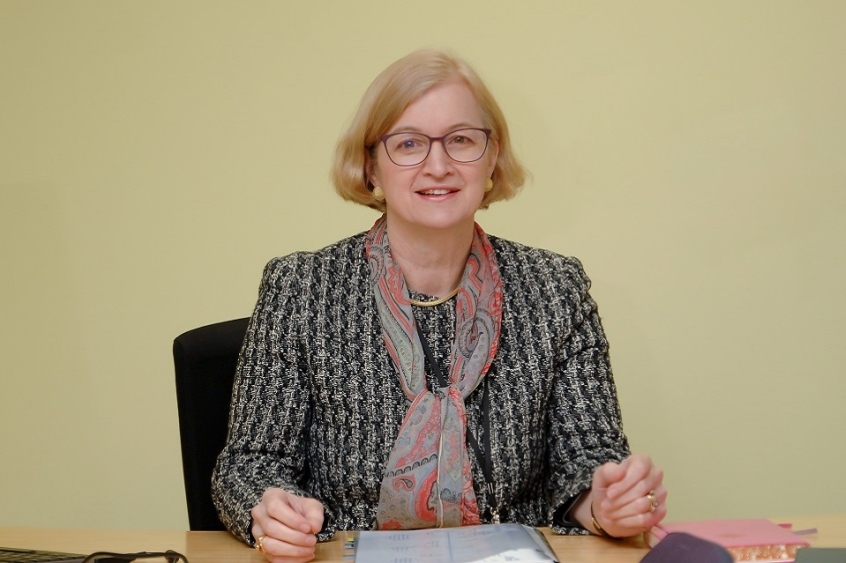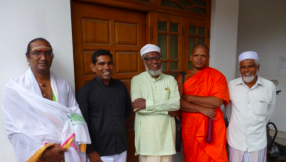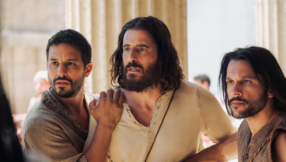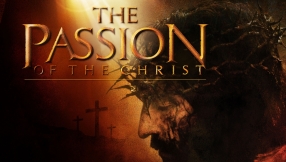Ofsted inspections of Sunday schools are back on the cards, its chief revealed today.
The proposals to allow inspectors in to 'out-of-school' educational settings, first mooted under David Cameron's premiership, were eventually dropped in 2016 after a personal intervention by the Archbishop of Canterbury amid warnings they could lead to Ofsted inspectors sitting at the back of Sunday school classes.

But today the new head of Ofsted put the plans back on the table and insisted rogue practices in a small segment of out-of-school education settings 'need to be tackled'.
Amanda Spielman rebuked the Church of England for opposing the plans and insisted new legislation was necessary to monitor 'what is happening under the radar in so-called out-of-school provision'.
She insisted that 'no one is proposing a troop of inspectors turning up at Sunday schools' but the previous proposals by the Department for Education wanted to force institutions that teach under-19s for more than six hours a week to register with the government.
Spielman did not go into specifics but if the plans are similar to the previous suggestions, many church youth groups and Sunday schools could fall above the threshold and be forced to register with the DfE.
The original proposals were developed after former prime minister David Cameron expressed concerns about a small number of Muslim madrassas he said put 'poison in the minds, hatred in hearts' of young people. However Christian groups said that by forcing churches to register with the DfE, they would be open to spurious complaints and could face inspections if accused of not abiding by British Values by promoting highly conservative teachings.
Today Spielman raised the plans again and told the Church of England's education conference: 'It is undoubtedly true – and books we've found displayed in schools encouraging husbands to beat their wives are a sorry testament to this – that there are segments of particular faiths who are determined to use our schools to promote beliefs and practices that are an anathema to British values.'
She went on to criticise the Church for initially opposing the plans.
'If we are to tackle this practice effectively, we will require changes to legislation to give us better powers,' she said.
'That is why I am afraid to say it is a matter of regret that the Church has resisted changes in the law to allow Ofsted to inspect these settings.
'This is not about infringing religious freedom: no one is proposing a troop of inspectors turning up at Sunday schools. Instead, it is about ensuring that the small minority of settings that promote extremism are not able to evade scrutiny. If we are to protect many of the tenets that the Church holds dear, we need the power to tackle those trying to use education to undermine them.'
She also warned that some religious schools are being used to 'indoctrinate impressionable minds' and extremists were using schools to 'pervert' the purpose of education.
She called on head teachers to 'tackle those who actively undermine fundamental British values' and warned them to not assume the 'most conservative voices' within a faith represent everyone.
'Rather than adopting a passive liberalism, that says "anything goes" for fear of causing offence, schools leaders should be promoting a muscular liberalism,' she said.
The conservative lobby group The Christian Institute responded by warning 'muscular liberalism must not mean aggressive secularism'.
Director Colin Hart said: 'My concern is that some Ofsted inspectors will misinterpret the chief inspector's call for 'muscular liberalism' as a call for inspectors to enforce more secularism.'
He added: 'Just because you have socially conservative views doesn't mean you've got a foot on the first step of an escalator leading to violent extremism.
'Social liberalism is a particular viewpoint, whereas the tradition of British liberalism is about the freedom to disagree. Ofsted inspectors need to know the difference.'













